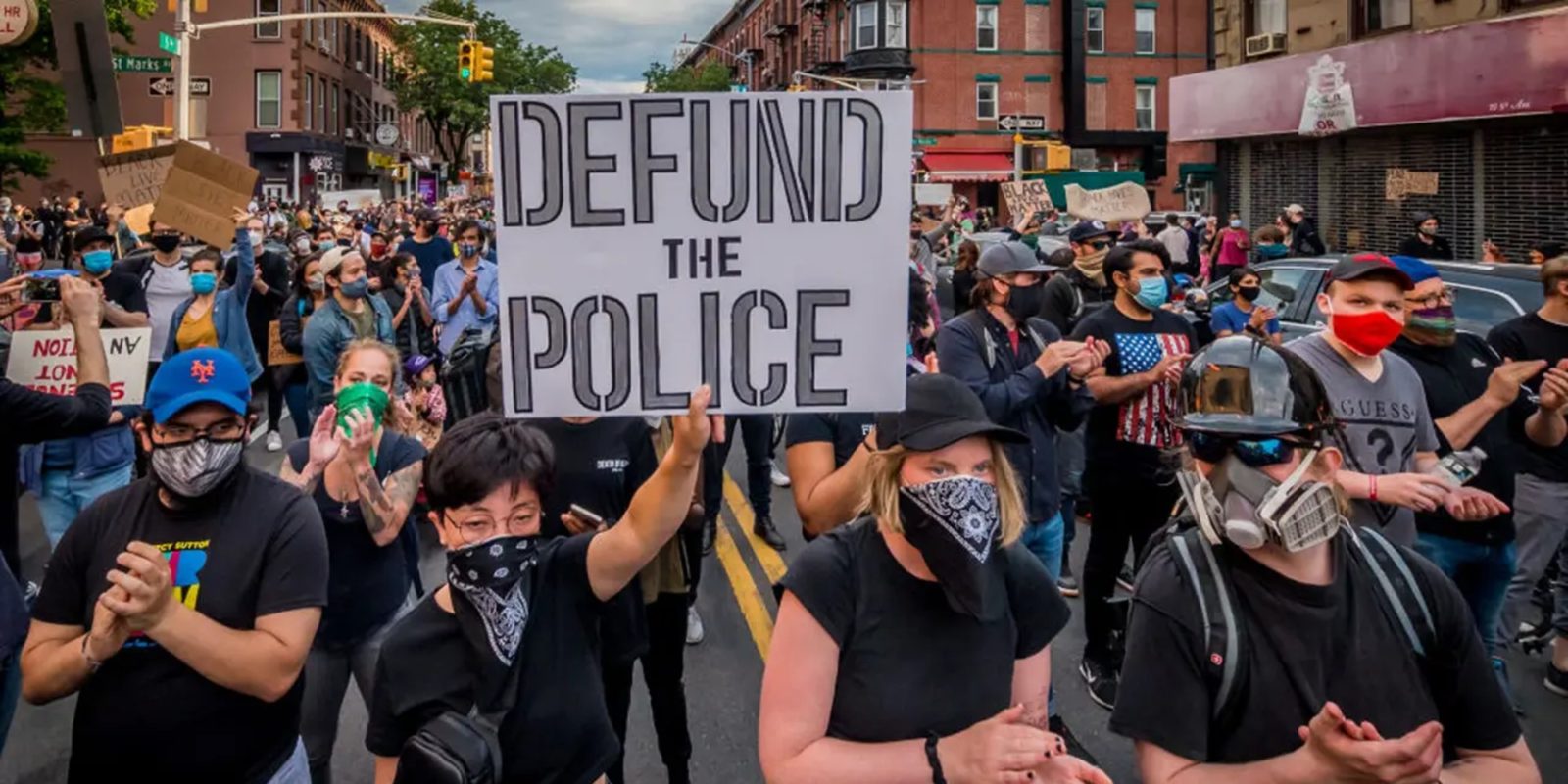Four Academics Offer Tough, Novel Proposals
By Stanley K. Ridgley, PhD

The University of Pennsylvania’s Wharton School has the dubious distinction of having produced this century’s greatest business failure: Alissa Heinerscheid, the Harvard/Wharton grad who single-handedly destroyed one of America’s iconic brands in the space of several weeks early this year.
While Theranos CEO and billionaire Elizabeth Holmes, now behind bars, destroyed her own brand and bilked investors out of more than $900 million dollars, Heinerscheid was hired, promoted, and paid by Anheuser-Busch, the company whose brand she crippled. She was vice-president of marketing for Bud Light, America’s most popular beer, before she applied her Wharton business education to the brand.
Heinerscheid violated the most fundamental principles of marketing in order to pursue a marginal social agenda. She wanted to make the brand more “inclusive,” when branding is about establishing exclusivity and marketing to particular customer segments. She was/is obviously a victim of the au courant notion that, if you use the word “inclusive,” it can justify most anything you want to do, no matter how absurd.
This type of bolt-on politicized program is like an abnormal growth on an otherwise healthy organism. We’ve seen the pathology accelerating in higher education for the past two decades, particularly in schools of education.
The universities have changed a great deal in the last 20 years, particularly in the character of the bureaucracies, which are now staffed mainly by graduates of our abysmal education schools—“advanced”-degree-holders in “educational leadership,” “student affairs,” and other such nonsense. The damage done by these bureaucrats is immeasurable, as they harass and harangue students outside of class time in a round-the-clock process of what they call “milieu management.” Much good might come from the abolition of these programs and the shifting of resources to other more rigorous venues in the university. We might even cut a few millions from the bottom line.

But if Heinerscheid is any indication, the social-justice agenda is extending into business schools. Even as Wharton produced the marketing bonehead who destroyed one of America’s iconic beer brands in a matter of weeks, the school now offers a new MBA program that actually appears to be modeled on the Bud Light disaster. Wharton, which produced Heinerscheid, is doubling down on this type of posture with a new, valueless MBA program — Heinerscheid redux.
The program is called the “MBA Diversity, Equity & Inclusion (DEI) Major,” and, from what can be determined from the program description, it offers no value-added to any firm that hires one of its graduates. In fact, given that the program is grounded in the type of social engineering that Heinerscheid applied at Bud Light, it’s likely that firms will ultimately regret having any association with it. It launches this fall — have a look and judge for yourself whether the program has “money pit” written all over it.
Is this a good business decision by a business school? Or is it a sop to bring in marginal students duped by ideology? As one of my colleagues remarks, “Let’s find out what the finance students think about the new ‘diversity MBA’ cohort.”
Stanley K. Ridgley, Ph.D., IMBA, is clinical full professor at Drexel University’s LeBow College of Business. He is a former military intelligence officer with a Ph.D. from Duke University and has taught in Russia, China, India, Spain, and Colombia. He is the author of Brutal Minds: The Dark World of Left-Wing Brainwashing in Our Universities.
READ the entire series of mini-essays by Rick Hess, Phil Magness, and Mark Bauerlein at The Martin Center for Academic Renewal

